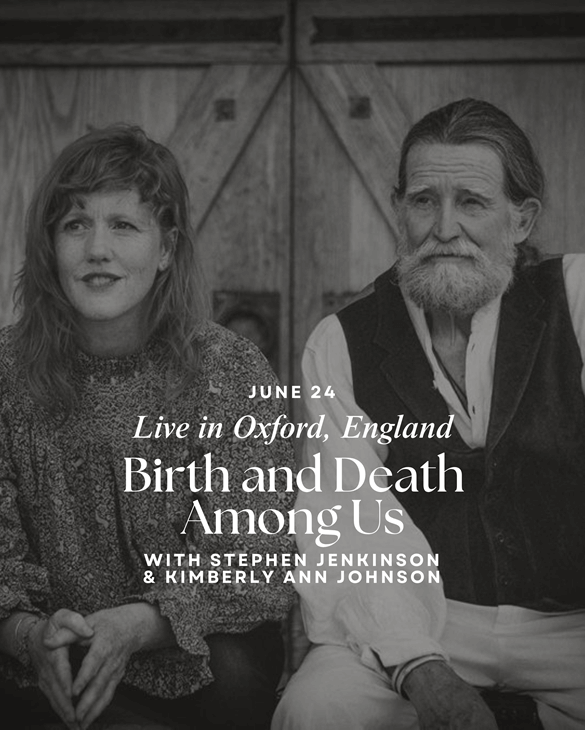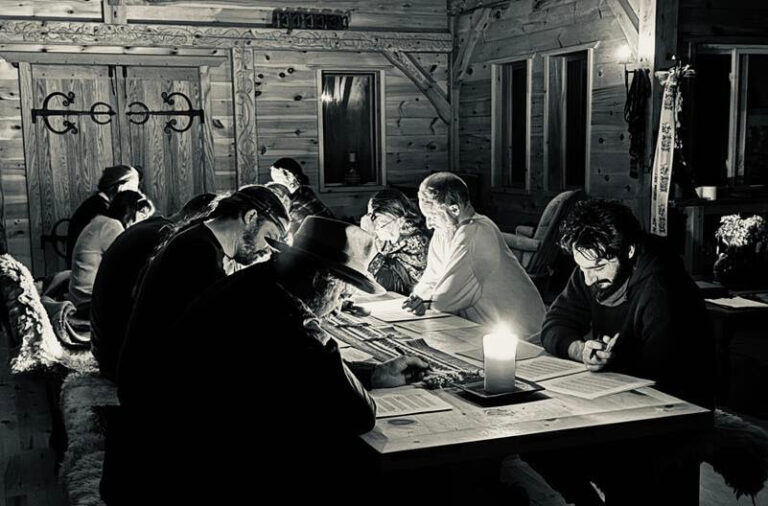It goes like this: If you can, you should.
In the death trade, that line isn’t a preference. It’s a religion. The technology will do it, so we ask it to. The consequence is we have the longest deaths of any people on the planet. The longest time to die is the reward for having our way.
What does this bargain for More Time actually grant?
“More Time means more time to live their dying. It means more symptoms, more drugs for the symptoms, more drugs for the side effects of the first drugs, more weakness and diminishment and dependence to go along with more time with the kids or the grandkids, or walks in the park with the dog. That’s not all it means, not necessarily, but More Time almost always means more dying.”
–Die Wise
This belief doesn’t end at the grave’s edge. It finds its way back upstream, to the other threshold.
It has come to mean: If you want a child, you should have one. That wanting is its own permission slip. The primacy of the desire goes unexamined. The old phrase “your time to die” has been outlawed. The newer phrase might be “your right to live indefinitely” – or to begin life at will, in a climate-controlled suite.
There are consequences to mistaking capacity for mandate. There are burdens that follow in the wake of a culture that can always do more, but rarely asks why.
Maybe birth and death don’t belong to us. Maybe they’re not ours to manage, but ours to be faithful to. Maybe they should be in better shape when we relinquish them than when we first assumed them.
What do we owe the dead?
What do we owe the not yet born?
-Stephen Jenkinson
Founder of Orphan Wisdom


